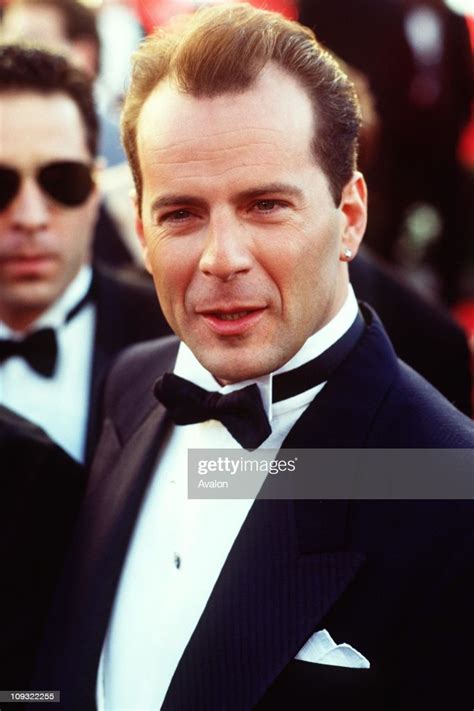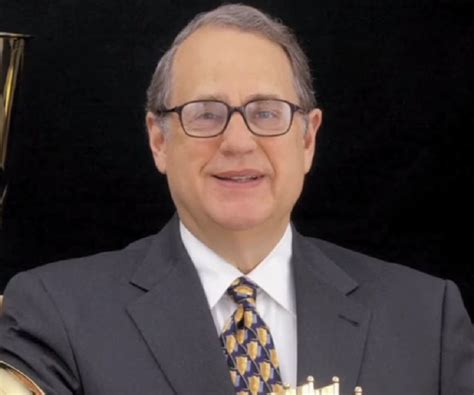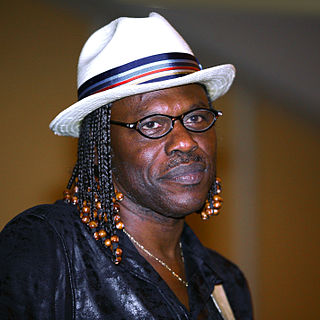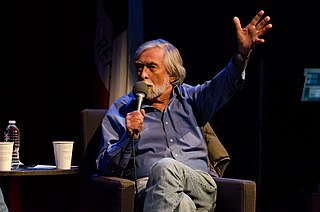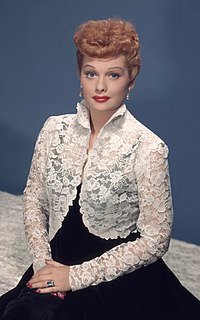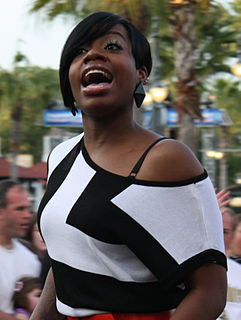A Quote by Ron White
You can tell on-stage when a joke's starting to lose its pop. It doesn't mean people don't want to hear it anymore; it means I don't want to do it anymore. Because I want to move on to something that has a knee-jerk reaction just like you get when you tell somebody a joke that they've never heard.
Related Quotes
Now, I want to explain something to you guys. I don't have an ending joke, because I don't tell jokes. I tell real-life stories and make them funny. So, I'm not like the average comedian. They have an ending joke; they always holler Peace! I'm out of here, and walk off stage. So, basically, when I get through performing on stage, I just walk off.
I never heard of anyone saying they want to deploy their capital wisely and go buy a sports franchise. What you want to do is just not lose money. You see, I don't have to work anymore. I tell people I don't have a real job. On the other hand, I learned long ago that you can't go broke if you turn a profit.
I want people to just be paying attention even if they're not necessarily laughing at something, or if it takes them a while to get something, I don't mind that. If half the crowd gets the joke and the other half is sitting there scratching their heads, that's just as good for me if I like the joke, because I feel like it just brings people in more.
I have become a giant fan of the testing process, especially with a comedy. I mean, they tell you what's funny. It's almost tailor-made for people who shoot the way we shoot, trying a million different options and versions of things. Because the audience doesn't laugh at a joke, we put in another joke. If they don't laugh at the next joke, we put in another joke. You just keep doing them and you can get the movie to the point where every joke is funny, if you have enough options in the can.
I've worked with a lot of people and I like to play with people when it's fun, and people that I have fun with independent of music, do you know what I mean? Where you can just joke and kid around, because you can joke and kid around with somebody and when you get in the pressure cooker of the studio then you can it's just something.
I’m not at peace anymore. I just want him like I used to in the old days. I want to be eating sandwiches with him. I want to be drinking with him in a bar. I’m tired and I don’t want anymore pain. I want Maurice. I want ordinary corrupt human love. Dear God, you know I want to want Your pain, but I don’t want it now. Take it away for a while and give it me another time.
"I've learned what's funny verbally ain't so funny on e-mail: They don't hear your intonations. Melissa broke up with somebody over that. She tried to tell him: "That was a joke!" But he just didn't get it. Mick Jagger said, "F- 'em if they don't get the joke." And I love him. That comes with age: Knowing it's their problem, not mine."
I keep on repeating something told to me by an American psychologist: "When you are making a joke about someone and you are the only one to laugh, it is not a joke. It is a joke only for yourself." If people are making a joke they have the right to laugh at me but I will ignore them. Ignoring doesn't mean that you don't understand. You understand it so much that you don't want to react.

